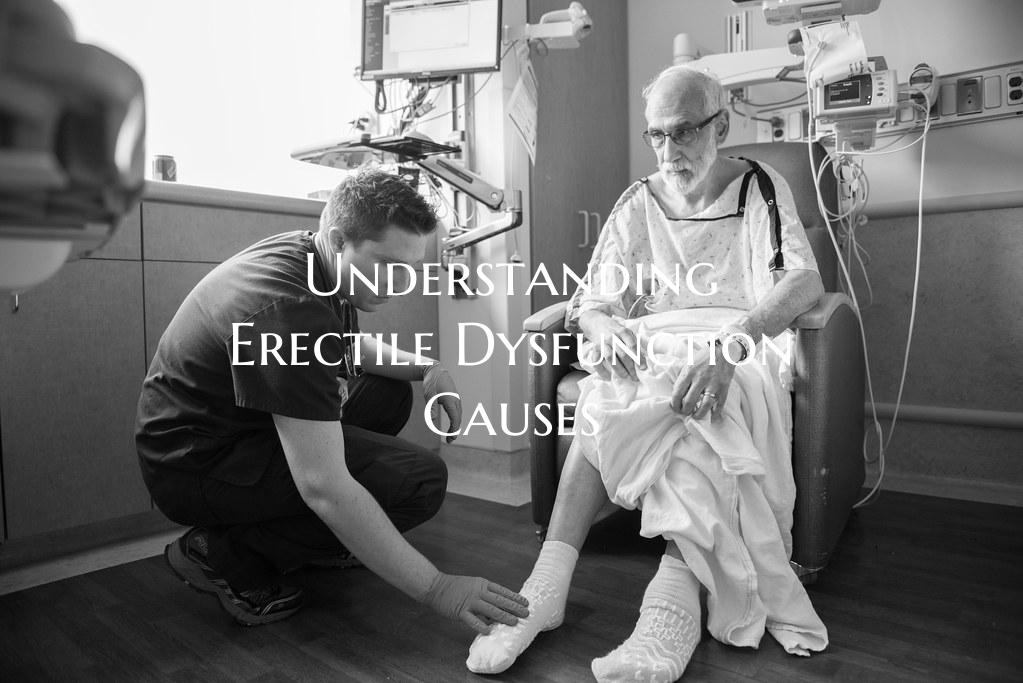
Understanding Erectile Dysfunction Causes
Erectile dysfunction (ED), commonly known as impotence, is a condition that affects a significant number of men globally. It is characterized by the inability to achieve or maintain an erection sufficient for sexual intercourse. While ED can be a source of embarrassment and frustration for those experiencing it, understanding its causes is crucial in finding effective treatment options.
There are various factors that can contribute to the development of erectile dysfunction. These causes can be broadly categorized into physical, psychological, and lifestyle-related factors.
1. Physical Causes: a. Cardiovascular Issues: Conditions such as high blood pressure, atherosclerosis, or heart disease can restrict blood flow to the penis, resulting in ED. b. Neurological Disorders: Diseases that affect the nervous system, such as multiple sclerosis or Parkinson's disease, can interfere with the brain's ability to communicate with the reproductive system. c. Hormonal Imbalances: Low testosterone levels or imbalances in hormones such as thyroid hormones can impact sexual function. d. Diabetes: Men with diabetes are at a higher risk of developing ED due to damage to blood vessels and nerves caused by high blood sugar levels. e. Medications: Some prescription medications, including certain antidepressants, antihistamines, and blood pressure drugs, can contribute to erectile dysfunction as a side effect.
2. Psychological Causes: a. Stress and Anxiety: Mental health issues, such as stress, anxiety, depression, or performance anxiety, can interfere with the brain's ability to trigger the physical responses necessary for an erection. b. Relationship Problems: Issues within a relationship, communication problems, or unresolved conflicts can also lead to ED. c. Previous Trauma: Past experiences of sexual trauma or abuse can have a lasting impact on sexual function.
3. Lifestyle-Related Causes: a. Smoking: Tobacco use can damage blood vessels and restrict blood flow, contributing to erectile dysfunction. b. Alcohol and Drug Abuse: Excessive alcohol consumption and substance abuse can affect both physical and psychological factors that influence ED. c. Obesity and Poor Diet: Being overweight or having an unhealthy diet can lead to conditions such as diabetes and heart disease, which are risk factors for ED. d. Lack of Physical Activity: Sedentary lifestyles and lack of exercise can contribute to poor cardiovascular health, which is linked to erectile dysfunction.
Understanding the potential causes of erectile dysfunction is the first step toward effectively addressing and managing the condition. If you are experiencing symptoms of ED, it is essential to consult with a healthcare provider to receive a proper diagnosis and explore treatment options tailored to your individual needs. With the right approach, ED can often be successfully managed, allowing you to regain confidence and enjoy a fulfilling sex life.